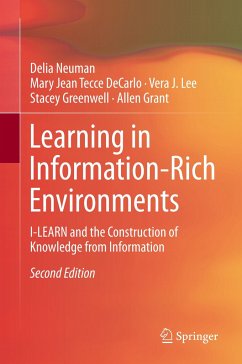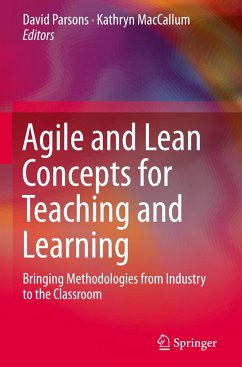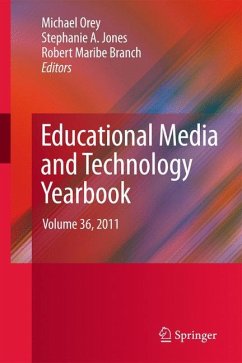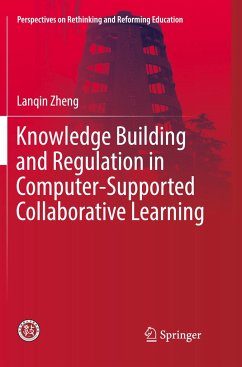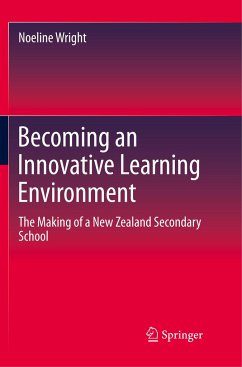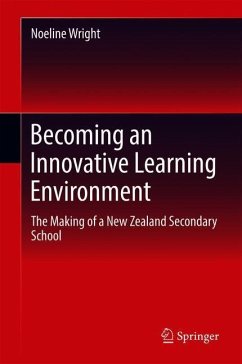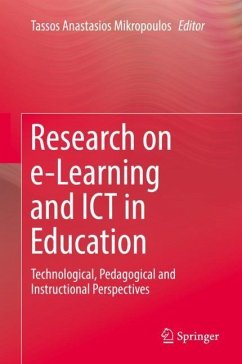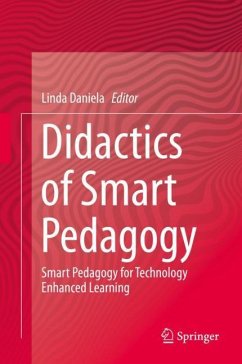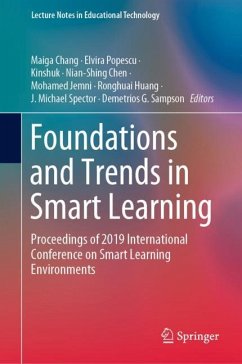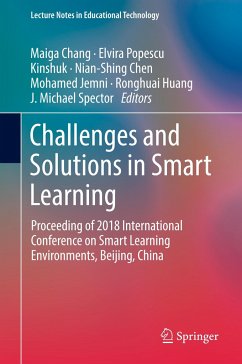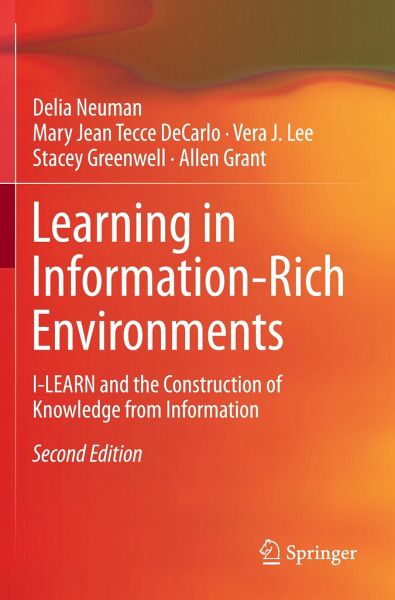
Learning in Information-Rich Environments
I-LEARN and the Construction of Knowledge from Information
Versandkostenfrei!
Versandfertig in 6-10 Tagen
42,99 €
inkl. MwSt.
Weitere Ausgaben:

PAYBACK Punkte
21 °P sammeln!
The amount and range of information available to today's students-and indeed to all learners-is unprecedented. If the characteristics of "the information age" demand new conceptions of commerce, national security, and publishing-among other things-it is logical to assume that they carry implications for education as well. Little has been written, however, about how the specific affordances of these technologies-and the kinds of information they allow students to access and create-relate to the central purpose of education: learning. What does "learning" mean in an information-rich environment?...
The amount and range of information available to today's students-and indeed to all learners-is unprecedented. If the characteristics of "the information age" demand new conceptions of commerce, national security, and publishing-among other things-it is logical to assume that they carry implications for education as well. Little has been written, however, about how the specific affordances of these technologies-and the kinds of information they allow students to access and create-relate to the central purpose of education: learning. What does "learning" mean in an information-rich environment? What are its characteristics? What kinds of tasks should it involve? What concepts, strategies, attitudes, and skills do educators and students need to master if they are to learn effectively and efficiently in such an environment? How can researchers, theorists, and practitioners foster the well-founded and widespread development of such key elements of the learning process?
This second edition continues these discussions and suggests some tentative answers. Drawing primarily from research and theory in three distinct but related fields-learning theory, instructional systems design, and information studies-it presents a way to think about learning that responds directly to the actualities of a world brimming with information. The second edition also includes insights from digital and critical literacies and provides a combination of an updated research-and-theory base and a collection of instructional scenarios for helping teachers and librarians implement each step of the I-LEARN model. The book could be used in courses in teacher preparation, academic-librarian preparation, and school-librarian preparation.
This second edition continues these discussions and suggests some tentative answers. Drawing primarily from research and theory in three distinct but related fields-learning theory, instructional systems design, and information studies-it presents a way to think about learning that responds directly to the actualities of a world brimming with information. The second edition also includes insights from digital and critical literacies and provides a combination of an updated research-and-theory base and a collection of instructional scenarios for helping teachers and librarians implement each step of the I-LEARN model. The book could be used in courses in teacher preparation, academic-librarian preparation, and school-librarian preparation.





